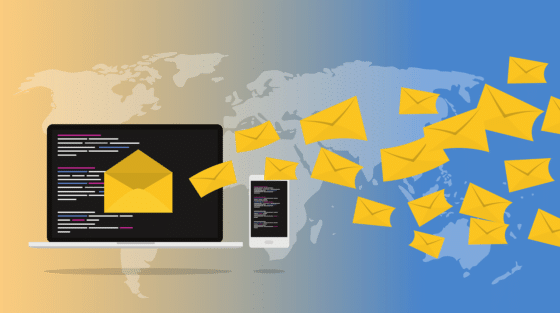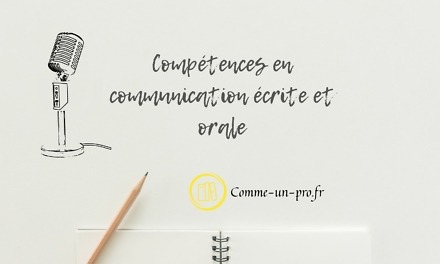Common mistakes to avoid in a professional email
It is difficult to identify all the mistakes that can be made when sending a professional email. A single moment of inattention and the blunder quickly arrived. But this is not without consequence on all the content of the email. It is also to be feared that the reputation of the issuing structure will be tarnished, which is quite problematic in a corporate context. To guard against these errors, it is important to know a few of them.
Wrong expressions of politeness at the top of the email
There are a myriad of polite expressions. However, each formula is adapted to a specific context. The wrong way of polite at the top of the email can compromise all the content of the email, especially since it is the first line that the recipient discovers.
Imagine, for example, that instead of the call phrase "Monsieur", you use "Madame" or that you misunderstand the title of the recipient. An unfortunate disappointment, let's face it!
This is why if you are not sure of the title or the title of your recipient, it is best to stick to the classic Mr. / Ms. call formula.
Using an inadequate final polite phrase
The final polite phrase is undoubtedly one of the last words that will be read by your correspondent. This is why it cannot be chosen at random. This formula should neither be too familiar nor obsequious. The challenge is to find the right balance.
There are classic polite formulas that are specific to letters or letters. They are in certain circumstances suitable for professional emails. But make sure to avoid mistakes such as "Looking forward to your return, please accept the expression of my deep gratitude."
The correct wording is this: “Pending your return, please accept the expression of my deep gratitude”.
Failing to use these classic formulas, it is possible to use very short formulas, as recommended by the practice of professional emails.
One can quote, among these, the formulas of the type:
- cordially
- Sincerely
- best regard
- Sincerely
- Sincerely
- Yours faithfully
- Sincerely yours
- For yourself
- Wishing you a great day
- With my greetings
- With thanks
Missing out on a professional email
The signing stage is also an essential point to watch out for. If you very rarely get your name wrong, you sometimes forget to configure your signature on your computer.
Use abbreviations or smileys
Abbreviations are strictly to be avoided in a professional email, even if you are addressing your colleagues. This will allow you not to make a mistake in the context of another correspondent.
The same prohibition also applies to smileys. However, some specialists do not condemn these practices when the correspondents are colleagues. But the best is to abstain.




